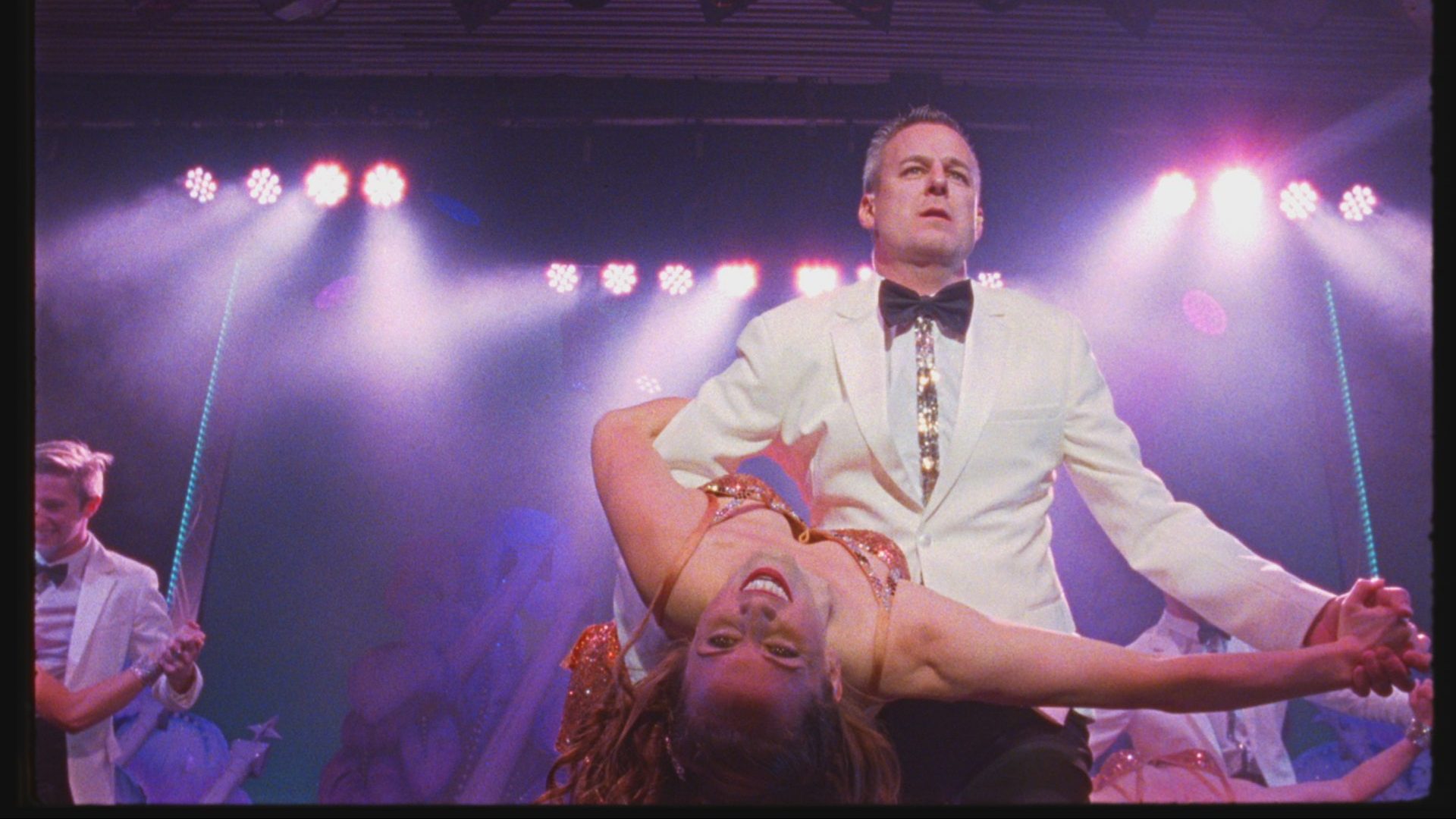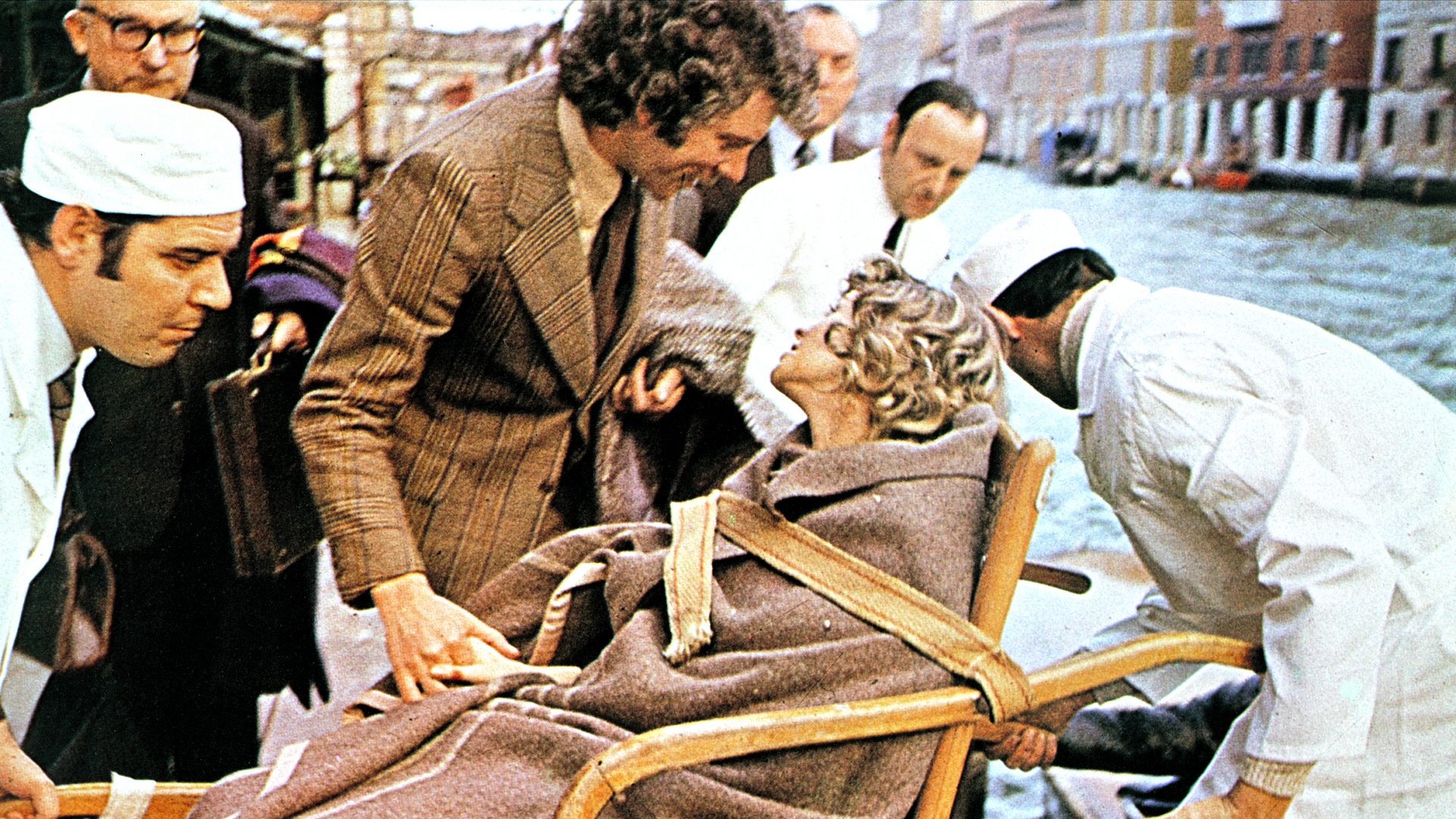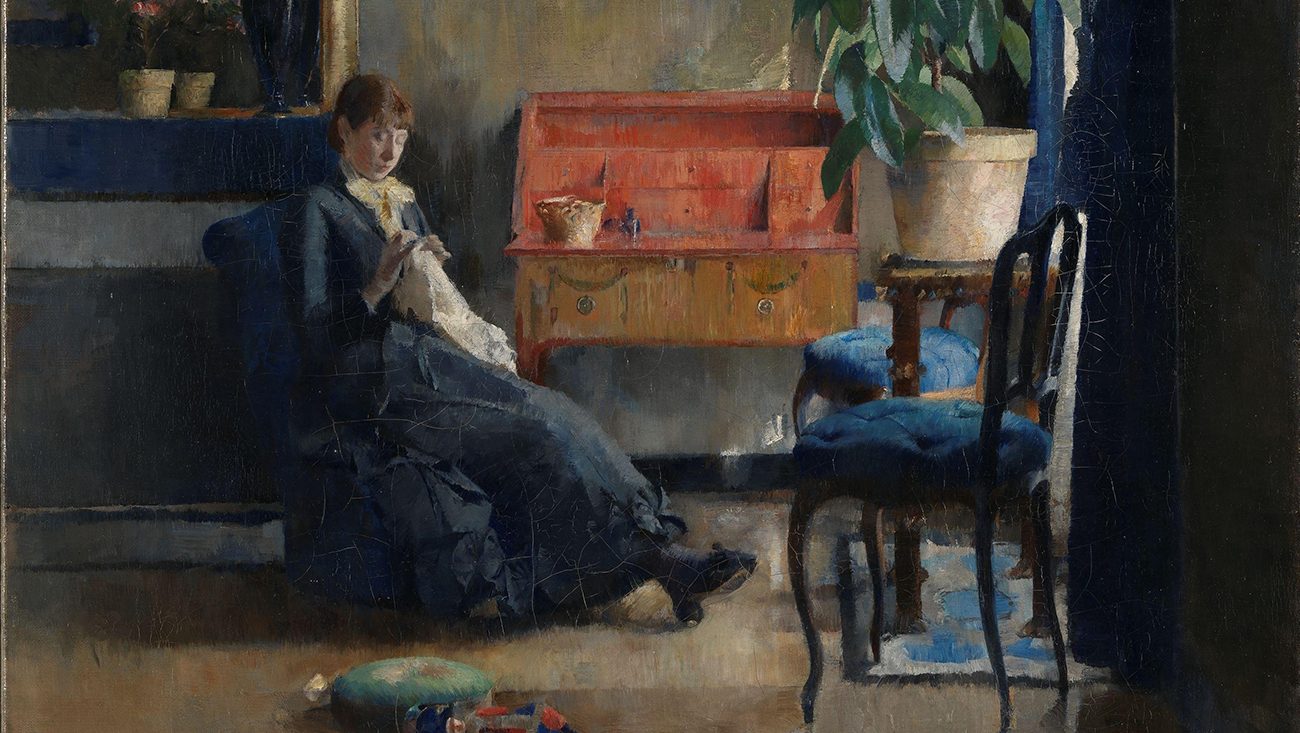Given the epochal magnitude of the event, and the seismic social and political division around it, the lack of films about Brexit is quite remarkable.
Cinema has barely reacted at all. Certainly not in fiction, which is perhaps understandable given how long films take to put together, but such meek response in the documentary world is surprising. As is the fact that perhaps the biggest success for any Brexit film yet can be claimed by a German documentary about a seaside end-of-pier show in north Norfolk.
Seaside Special is directed by Jens Meurer and, on the surface, the film is not about Brexit at all – instead, it trains its lens on the annual variety show on Cromer pier where, jutting out into the North Sea, dancers, magicians, comedians and singers all come together for a bit of classic British entertainment, putting on smiles and sequins for two shows a day throughout the summer season and around Christmas.
The Seaside Special prides itself on being, officially, the last true end-of-pier show in the world, maintaining a British tradition that stretches back to music hall and the late-Victorian heyday of the seaside resorts. Indeed, there are few things more British than a pier and some saucy seaside jokes.
“It’s a magical place, certainly, and it’s all part of eccentric British life,” says Meurer. “Even though you could say that all British life is eccentric, frankly. You might say even voting and going through with Brexit itself is a hugely eccentric act.”
Speaking to me in beautiful, slightly clipped English from his office in Berlin, Meurer is an urbane, highly educated film-maker, who has also produced some fine European films such as Tolstoy drama The Last Train, with Helen Mirren and James McAvoy, and Paul Verhoeven’s Dutch resistance thriller, Black Book. The poster for the extraordinary one-shot film by Alexander Sokurov, Russian Ark, hangs behind him, artfully framed on the Zoom screen.
Meurer is married to an English woman he met when he was, he admits, at Oxford with Boris Johnson, at Balliol College in the mid-1980s. “So I was fully immersed in the eccentricities of the British class system from the start,” he says. “It was a cultural shock. In my first week, I was asked in all earnestness, by the son of a very posh Scottish landowner, if I knew how the boar hunting season was going in Bavaria?”
Meurer’s fascination for British tradition was piqued further when he then spent a holiday in a caravan in Cromer with his future in-laws (for which, much respect), the highlight of which, they promised, would be a visit to the end-of-pier show.
“I was dreading it but dutifully played along,” he recalls. “But within five minutes I was hooked on this show, the sense of joy, the feeling of community and the connection between the performers and the audience, how they were all joined by a lineage and a tradition. I thought it was unique and glorious and warm and I took away the little printed programme and vowed to one day make a film about it.”
The playbill programme for the Seaside Special show, however, lay on Meurer’s desk for many years, even as he returned to Cromer for a few Christmas visits. But when Brexit hit, he began thinking of the most shining example of authentic Britishness he knew, and brought his camera to Seaside Special.
“The idea wasn’t to do an in-depth study of Brexit but I was angry and upset with how the referendum had turned out – my children are half-British and can’t now go to university in the UK, as I did. So I can’t deny I was planning a sort of sweet revenge on the Boris Johnsons of the world, to do something loving and affectionate that embraced Britishness and to show that Brits are actually loved by Europe.”
The resulting film is an intimate, fly-on-the-wall type look at the workings of the show. We are backstage with the dancers getting into costume and at rehearsals and vocal warm-ups. We are in the dance classes and with the show’s director as she plots routines and stage directions. We talk to the singing sensation Emily Hardy and get snarky asides from the compere and comedian Paul Eastwood. We meet family members, including the daughters, Polly and Sophie, of the choreographer who dream of driving around Europe on a “Fuck the Brexit” tour.
And there are various boyfriends, caretakers and bar staff and the Cromer locals who work nearby, such as Brexit-voting fisherman John Lee, a wonderful character who really could have been played by The Fast Show’s Simon Day.
As Meurer readily states at the start of the doc, the people of Cromer and of Norfolk overwhelmingly voted Leave, but his cast of characters are really just getting on with putting on their 2019 summer show, utter professionals if not quite at the height of their professions.
“Cromer was really my subject, this seaside town, with its long-lasting end-of-pier show, but Brexit was also slowly becoming part of everyone’s life,” he says. “It wasn’t the impulse originally, but here was this honest, unpretentious, uncynical show that was a sort of antidote to all that divisiveness, nastiness, populism and narcissism going on outside.”
Although documentary fans might think that the inflamed emotions of Brexit demand an urgent cinéma vérité approach, Meurer is happier to cite Alan Parker’s Fame and Bob Fosse’s All That Jazz and Cabaret as his models and his film captures that buzz of anticipation and participation.
“I thought if I got to the heart of what makes this such a magical place, it could lead to dialogue and conversation,” says the film-maker, who is now on tour with the movie as it hits UK cinemas for the first time, holding a succession of Q&As. “And the first thing I notice in these Q&As is that people laugh about each other. There’s not hate in the room after the film. Somehow, the show itself defeats division.”
And that’s also something Jens is experiencing on his journey with the film. It was a hit in Germany where, he says, audiences were curious to see why Britain left the EU. Brexit, he says, was not just upsetting for many in the UK, it was terrible for Germans, French, Italians, too.
“It was a double-barrelled shot in the foot, in all our feet. We Europeans haven’t seen any advantages,” he says, “other than its patent and abject failure has put an end to exit movements in most other member countries.”
“So I thought, and German film funders also thought it would be good to have a look at British culture. Germans are funny in our own way, but nothing can compare to British humour and that sort you get at end of pier… the community experience has a real magic, the audience are all of different persuasions, as are the performers, so this approach to the whole thing was my way of putting that vibe on to the screen, but it’s a very simple, all-together sort of feel, the ad-libbing, the playing of the audience, that’s a very special British quality. Weirdly, Boris Johnson has that skill, relishing being a sort of pantomime villain. You see how he won people over.”
I wonder if a film as simple and as embracing as Seaside Special can change hearts and minds here in the UK, by reminding British audiences of their unique ability and constituents. “Well, I hope so,” he says. “It’s certainly a chance to pick up the conversation again with some more space for reflection. What I hear most in the Q&As in the UK is two things from the audience: that we made ourselves the laughing stock of Europe with Brexit, and that you’ll never have us back.
“And I say both are wrong. Europeans weren’t laughing, it wasn’t funny, it concerned us as much as you how this went so wrong, and we would have you back in an instant. We need Britishness, the cradle of democracy, we need the fold to embrace Britain back, for many of the qualities I show in the film. And look, we have two wars going on now. So the reactions I get to the film are the opposite of the divisive policies, the immigrants, the boats and all that. A bit of warmth shows it’s really easy not to be fear-driven.
“When they see that I’m a German loving something so British, there’s maybe a sense of their own self-image shifting. I’m offering a conversation but I see how hard people find it to admit they’ve made a mistake, and even harder to admit they were hoodwinked by charlatans.
“That’s always the elephant in the room,” he says, relishing his use of British idioms. “That there was a swindle here, and it’s so hard to admit you’ve been had by a crook. That’s what I feel – that there’s a yearning to come together again, both to admit that it was a mistake but also to accept that and move forward: it’s called healing.”
Seaside Special is in UK and Irish cinemas now – for details on Q&A sessions visit www.seasidespecial.net




